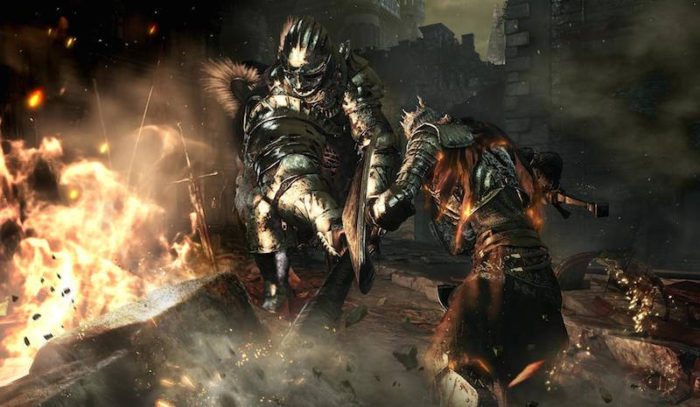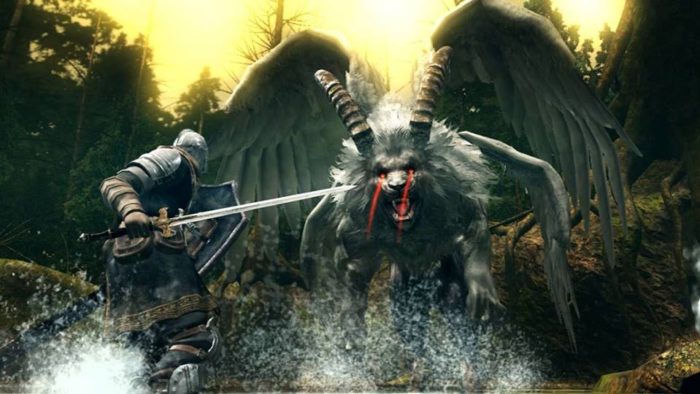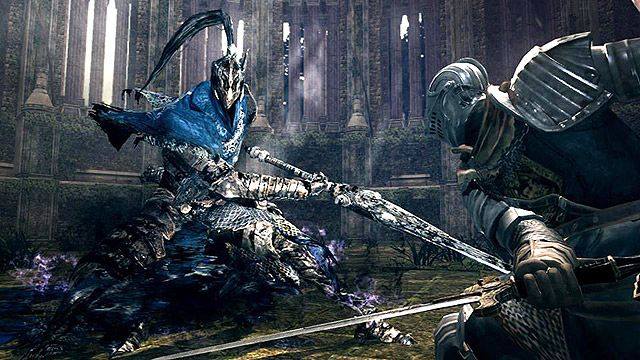Looking Back at the Spirit-Crushing Dark Souls

Wiping the dust off my Xbox 360, I rifle through the stacks of games I’ve built up over the years. One sticks out: a gruelling action RPG that was as traumatic for its players as the controllers they threw across the room in frustration. Despite this, I still look back on 2011 with a whimsical nostalgia. Barack Obama called the White House home, Ned Stark was Lord of Winterfell, and From Software had just released a video game that would shortly become infamous across the globe. Dark Souls was born.
This was the birth of Dark Souls, one of the most notorious games in recent history. Where 2011’s heavy-hitters Assassin’s Creed: Revelations, Batman: Arkham City, and Skyrim offered players open worlds awash with objectives and collectibles; Dark Souls stripped the player experience right back. You begin your journey with nothing more than a broken sword and a loincloth and work your way up to become the most badass hero gaming could portray, as long as you had the patience and the skill of course.

Started from the bottom now we’re here. Image Credit: Flickr/BagoGames.
What really made Dark Souls stand out in the minds of reviewers and consumers alike was its unforgiving difficulty. What begins as a simple attacks and timed blocks soon gives way to something closer to punishment than challenge as hordes of undead warriors rattle towards your carefully crafted character. But death is not the end: after being treated to the now infamous “YOU DIED” screen, you are placed back at the closest bonfire and given the chance to regain those experience points you lost in death.
In terms of plot, little is spelled out for the player beyond an initial cutscene and a single line of dialogue. Rather than favour the expansive, cinematic posturings of franchises like The Witcher or Uncharted, Dark Souls feeds the player slivers of information through item descriptions so that you can form your own ideas as to what is really going on within the game which allows the intricacies of the story to be entirely shaped by each player’s individual perceptions.
Dark Souls maintains that same air of mystery and, while the others are brilliant games in their own right, there is always the notion that they are succeeding only in emulating the loneliness of the masterful original.
Where other developers insist on trying to cram as many features and experiences into a game as possible, Dark Souls delights in providing the player with the bare minimum and shrugging: “That’s all you’re getting so you better just deal with it.” Even Motoi Sakuraba’s score for the game embraces this minimalism, drowning you in silence for all but the most epic boss encounters.
Even now, when the franchise was spawned two brilliant award-winning sequels and the Playstation 4 exclusive Bloodborne – almost singlehandedly responsible for the console’s early lead over the Xbox One – the original still holds its own. It maintains that same air of mystery and, while the others are brilliant games in their own right, there is always the notion that they are succeeding only in emulating the loneliness of the masterful original. Despite sitting comfortably in the last console generation, Dark Souls is an essential addition to any gamer’s collection, be they a lover of RPGs or simply in search of a new challenge.

Who let the dogs out? Image Credit: IGDB/Flickr.
Dark Souls is a classic with a sadistic edge, but as you charge back into the fray for one more attempt at overcoming that hulking demon you’ll come to enjoy the pain. Even the game’s box and slogan only offer another jibe: “Prepare to die.”

Comments